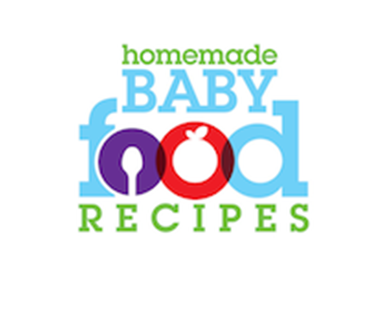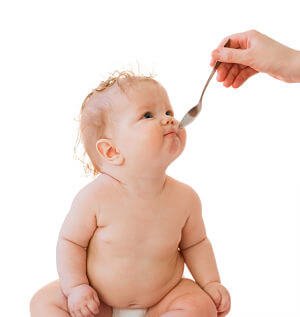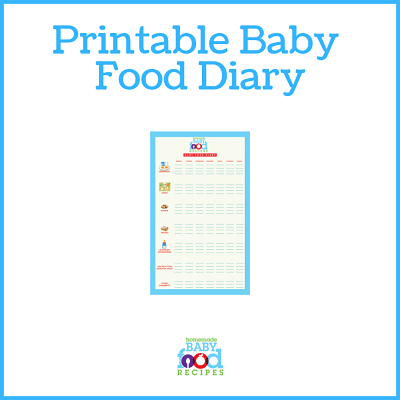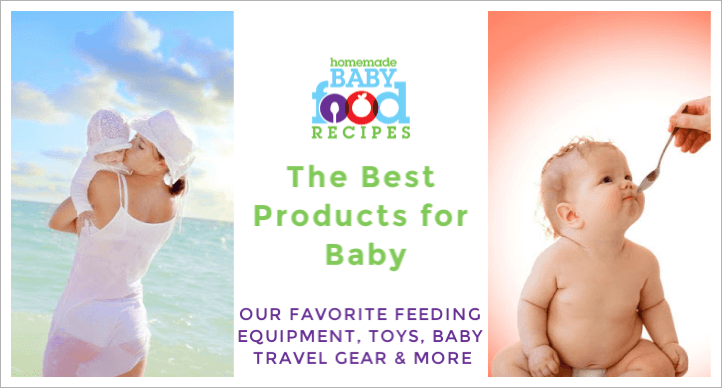Eczema And Baby Food
Can Diet Make A Difference?
We are sometimes asked about the possible connection between eczema and baby food – are there foods that should be avoided or foods that can help? Although doctors are undecided about the link between diet and eczema, there are certain foods that should be avoided and others that MAY reduce the severity of its symptoms.
PLEASE NOTE: The information given here is meant as a guide and does not replace professional medical advice. You should always discuss your child’s symptoms and dietary needs with your doctor.
Eczema and baby food – What exactly is eczema?
Eczema is a skin condition that causes redness, irritation and severe itching. Sometimes, the skin can develop little bumps that may ooze fluid.
It is a relatively common condition, with around 10% of the world’s population affected by it at some point in their lives.
There are various forms of eczema, but the most severe (and the most common) is known as atopic eczema (or atopic dermatitis). Unfortunately, doctors don’t know exactly what causes eczema and factors that aggravate the symptoms can vary from one person to another.
Is your baby at a high risk of developing eczema?
Around 10-20% of babies have eczema during their first year of life. Some babies are affected by it very early, whereas others develop it later on. There are certain factors that mean your baby may be at an increased risk of developing eczema…
- If you have another child with an atopic condition*, then your baby is considered to be at a “low risk” of developing eczema.
- If you or your partner have an atopic condition*, then your baby is at a “moderate risk” of developing eczema.
- If you AND your partner have an atopic condition* (particularly if you also have another child with an atopic condition), then your baby is at a “high risk” of developing eczema.
*Atopic conditions include asthma, eczema, hay fever and food allergy.
But some babies do develop eczema even when no family members suffer from any kind of atopic condition.
The link between diet and eczema
Some children with atopic eczema may have a food allergy that can worsen their symptoms.
In fact, eczema in babies is often the first sign that a food allergy exists and it is usually babies with severe eczema for whom food allergy is the most likely culprit.
Although sensitivity to certain foods is a trigger for eczema in around 30% of children, it is only the main – or sole – trigger in around 10% of cases.
This means that identifying the problem foods can certainly help your baby, but it may not eradicate the eczema altogether.
Foods that act as a trigger for eczema may cause other typical food allergy reactions, too.
There is some research that shows that children with atopic eczema may absorb food in their gut differently to other children. This is why some may experience reactions to foods and is another good reason to delay the introduction of solids until at least 6 months of age.
Foods that may trigger eczema
Any food may act as a trigger food for eczema, but some foods are more commonly responsible than others. These include
- cow’s milk and dairy products
- eggs
- soya
- nuts
- fish
- wheat
- shellfish
- tomatoes
- yeast
- tropical fruits
- some additives
If you are thinking about introducing solid foods to your baby… and he has eczema or is at an increased risk of developing eczema, then you should avoid these foods until your baby is AT LEAST one year of age (at least 3 years for nuts and shellfish). You should also discuss the introduction of these foods with your child’s doctor.
If your baby is already enjoying solids… then it is worth trying to establish whether or not any of the foods listed above are making his eczema worse.
In some cases, food sensitivity can occur within 2 hours of eating the trigger food and you may notice that your baby’s itching and scratching increases.
More commonly, food sensitivity is delayed and the worsening symptoms don’t become obvious until between 6 and 24 hours after the food is eaten.
Keep a food diary, noting foods given and the symptoms experienced and discuss them with your doctor.
Don’t try eliminating foods without supervision – a dietitian may be needed to advise you about the best way to keep your baby’s diet nutritionally balanced when certain foods are removed.
Peanut allergy
Research has shown babies with eczema are 11 times more likely to have a peanut allergy by 12 months than babies without eczema. Please visit this external link for more information.
From our blog…
Is goats’ milk yogurt better for babies with eczema?
Eczema and baby food – Foods that may help
There is some evidence that the use of probiotics may help reduce the severity of infant eczema – the following article by Dr. Greene explains more; Probiotics For Baby Eczema?
FATTY ACIDS
These days, eczema is often treated with the use of hydrocortisone creams – but prior to this, fatty acids were the main treatment offered.
WHAT ARE ESSENTIAL FATTY ACIDS?
Some fatty acids are called “essential” because they are needed by the body to assist with healthy growth, development and function, but the body is unable to make them. Instead, they must be obtained from the diet.
These essential fatty acids should not be confused with saturated fats (which come from products like meat and dairy).
Omega 3 and Omega 6 are essential fatty acids. A deficiency of these – particularly Omega 6 – is believed to contribute to the development of eczema.
So a diet rich in the sources of these essential fatty acids may be particularly beneficial to a baby with eczema (although you should always consult your doctor before you introduce any new elements into your baby’s diet).
Breast milk is a good source of fatty acids and the levels are influenced by Mum’s diet. If you are breastfeeding, then it is important to include plenty of these essential fats in your diet.
Good sources of Omega 3 include
- flaxseeds
- soy beans (although soy can, in some cases, worsen eczema)
- fresh wheat germ (although, again, wheat can act as a trigger for eczema in some cases)
- dried beans (like kidney beans and navy beans)
- oily fish like mackerel, salmon, tuna, sardines and herring (speak to your doctor about the current recommendations for eating these types of fish in your area)
Good sources of Omega 6 include
- safflower oil
- sunflower oil
- corn oil
- dried beans (like kidney beans and navy beans)
- meats
- whole grains
- olive oil
- avocado
Will my little one grow out of eczema?
Many babies grow out of their eczema by the age of 2. For those who don’t, their symptoms often greatly improve by this age.
If your baby is affected by eczema, you may like to visit www.talkeczema.com, which offers both useful information and community support.
Sources
Diet and Eczema In Children (PDF Document)



